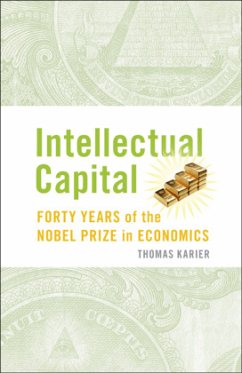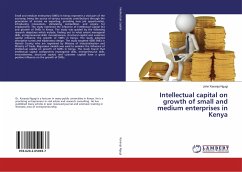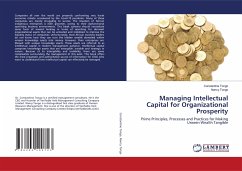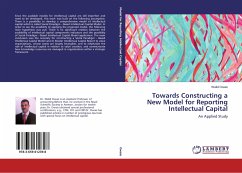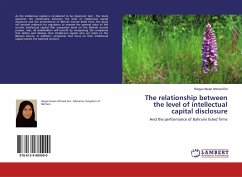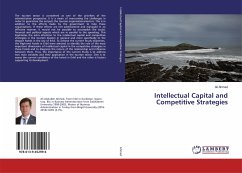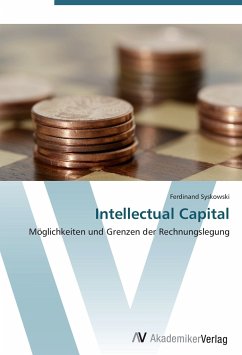
Intellectual Capital in Action
A Critical Approach to Putting IC Theory Into Practice
Versandkostenfrei!
Versandfertig in 6-10 Tagen
45,99 €
inkl. MwSt.

PAYBACK Punkte
23 °P sammeln!
There is often much hype about the espoused benefits of new ways of operating and the Intellectual Capital (IC) paradigm is not immune to this. Benefits from a lower cost of capital and increased share prices to improving communication with stakeholders have often been lauded as some of the reasons of managing IC in both private and public organisations. But often the benefits of managing IC are not realised and as a result the take-up of IC management practices in organisations has been slow. This monograph critically explores the IC paradigm by examining IC theory in action in several differ...
There is often much hype about the espoused benefits of new ways of operating and the Intellectual Capital (IC) paradigm is not immune to this. Benefits from a lower cost of capital and increased share prices to improving communication with stakeholders have often been lauded as some of the reasons of managing IC in both private and public organisations. But often the benefits of managing IC are not realised and as a result the take-up of IC management practices in organisations has been slow. This monograph critically explores the IC paradigm by examining IC theory in action in several different settings. It provides insight into how IC management practices can be implemented into organisations, offers a critique of the espoused benefits of IC management practices and identifies innovative ideas on how IC practices might change if the IC paradigm is to survive. The end result is a renewed discourse between academics and practitioners on how IC theory can be turned into practicesthat facilitate change and have a lasting impact on organisations.



